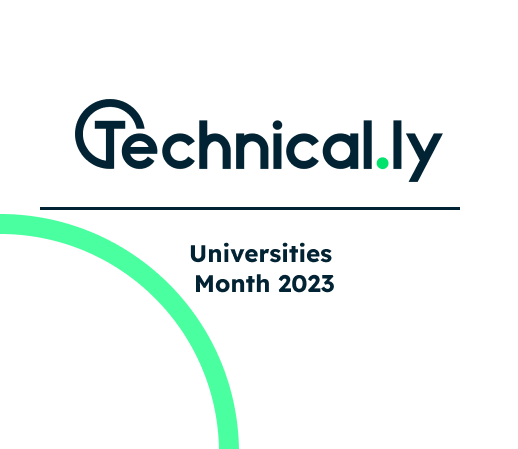The University of Maryland, Baltimore (UMB) lifted the veil off Baltimore’s social innovation sector with the recent release of “The State of Social Enterprise in Baltimore,” a one-off report highlighting the opportunities and challenges facing this ecosystem at the city and state levels.
Baltimore has long been recognized as a hub for social entrepreneurship, with more than a dozen academic and independent programs that support entrepreneurs on their journey. This report was authored by a leader of one such initiative: Dr. Jim Kucher, director of the Master of Science in Social Entrepreneurship program at UMB, who recently discussed the study with Baltimore native and Common Future CEO Rodney Foxworth during a recent hybrid event held both at UMB’s Graduate School Commons and on Zoom.
Kucher highlighted social innovation’s potential to drive local change during that convening; in a follow-up email to Technical.ly, he elaborated that although social change can happen naturally over time, a lever like social innovation offers a mechanical advantage to hasten the evolution toward essential social change.
To that end, Kucher believes that his and his UMB colleagues’ report can be such a change-motivating force. They view the ecosystem’s current state as mature enough to apply the report’s insights effectively. The study also sheds further light on its title topic by offering an inventory of ecosystem members.
Here are some highlights from the report:
- Maryland’s nonprofit sector employment rate stands out nationally. While the national average is 6.6%, Maryland’s rate is almost 11% even after subtracting the state’s largest nonprofit employer: Johns Hopkins University.
- The report also highlights Maryland’s leadership in recognizing the benefit corporation, a unique form of corporate organization that explicitly includes a positive impact on society and the environment. This landmark legislation has allowed social entrepreneurs in Maryland to access funding that was previously unavailable to traditional nonprofits.
- Moreover, Gov. Wes Moore has previously envisioned a future in which Maryland’s economy is both competitive and equitable. The report calls on Baltimore-area leaders to invest in social innovation entrepreneurs by providing a platform and resources to bring solutions to social issues into the market.
- Overall, the report is a call to action for all those invested in the future of Maryland’s social entrepreneurship. As the state continues to lead the way for this movement, the opportunity exists for entrepreneurs and policymakers alike to build on this momentum and create a brighter future for all.
- The second half of the report lists social enterprise support programs, along with contact information and cost. The section features degree programs at Maryland Institute College of Art, University of Baltimore and Coppin State University alongside independent support programs like Baltimore Corps’ Elevation Awards, the Baltipreneurs Accelerator, Conscious Venture Lab and Impact Hub Baltimore.

This editorial article is a part of Universities Month 2023 in Technical.ly’s editorial calendar.
Before you go...
Please consider supporting Technical.ly to keep our independent journalism strong. Unlike most business-focused media outlets, we don’t have a paywall. Instead, we count on your personal and organizational support.
Join our growing Slack community
Join 5,000 tech professionals and entrepreneurs in our community Slack today!

The person charged in the UnitedHealthcare CEO shooting had a ton of tech connections

From rejection to innovation: How I built a tool to beat AI hiring algorithms at their own game

Where are the country’s most vibrant tech and startup communities?


